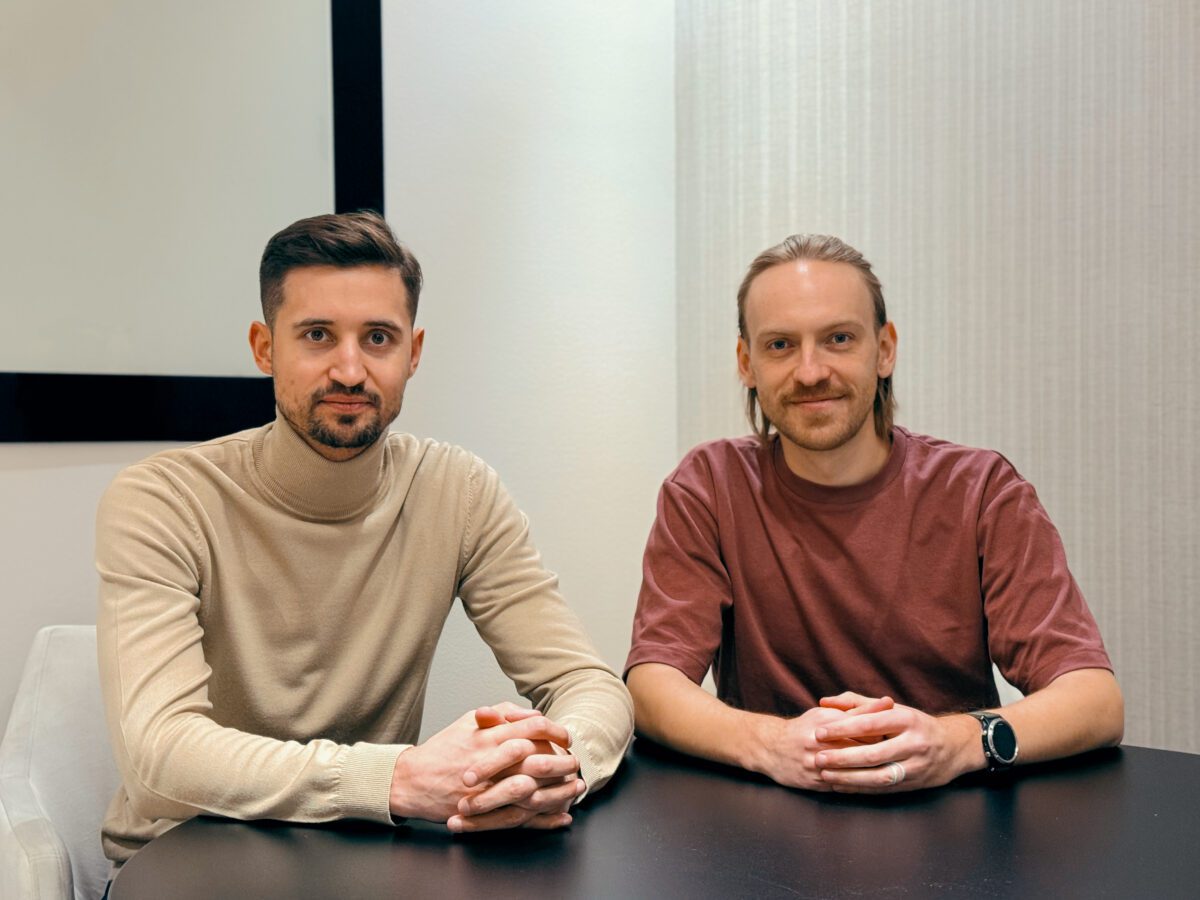Headlines about layoffs are everywhere, but when Google recently cut 200 AI-training roles at GlobalLogic, it hit differently. It felt less like another round of layoffs and more like a signal. Is AI pushing its creators out the door? Or is there something else, a post-COVID tech hiring mania deflating faster than expected? Alex Chepovoi, the CEO and founder of Global Work AI,
This year alone, tens of thousands of tech professionals have been shown the door. TrueUp reports that 157,613 people have already been impacted by layoffs in 2025. The scale suggests this isn’t a blip — it’s structural. Hiring has also cooled: across U.S. industries, new job openings stagnate even as separations rise, according to the Bureau of Labor Statistics. Waiting for a new hiring wave seems futile — this tide isn’t expected to return any time soon, so we all have to adjust.
What AI Has to Do With It
Nearly every layoff announcement this year has been tied to “AI optimization.” Indeed, human labor is expensive, while AI feels like a cure-all, ready to work 24/7, and not demanding raises and benefits. But what if this narrative is just an attempt to look wicked, rather than weak? Saying “we trimmed roles to stay ahead of AI” looks better than “we couldn’t manage costs.”
Few companies admit that the technology they bet on hasn’t lived up to its promise. While Microsoft claims to save $500 million with AI solutions while cutting jobs, a recent MIT study found that 95% of generative AI pilots fail to reach production at scale.
Some firms are already reversing course: in May 2025, Klarna reportedly tried to rehire workers it had previously axed, after admitting that AI didn’t fully replace those 700 full-time agents. This push-pull underscores how effortful wholesale AI substitution still is.
Combine that with Gartner’s Haritha Khandabattu warning that many firms adopt AI out of FOMO, not strategy, and the picture gets clearer.
What’s the Job Market Saying?
Despite the turmoil, tech hiring hasn’t completely collapsed. According to Global Work AI, an agentic remote job-search platform, IT and software roles still dominate job listings — accounting for 32.67% of open roles. What has changed is workers’ mobility: only 15% of listings are truly global; the rest limit applicants by country, city, or market.
Meanwhile, rising “gig” roles serve as a stopgap: “slop fixer-uppers” — people hired to correct AI’s messy art, writing, or code — are becoming a category. In effect, humans are doing grunt work that AI can’t reliably handle.
These mistakes are expensive, which is why many companies are rebalancing their hiring strategies. They’re seeking workers who already possess AI-related skills, ensuring that efficiency gains don’t come at the cost of quality. A study by Lightcast states a surge in demand for AI skills for potential employees, but also higher average pay for jobs that require them. Among the most commonly listed ones are proficiency in the use of ChatGPT or Microsoft Copilot.
The Real Reasons Behind AI Layoffs
Beyond AI, many layoffs are prophylactic — cuts made in advance of a possible downturn. Nearly 80% of hiring managers polled say they’re bracing for a recession, with almost half expecting one within a year.
That dovetails with macro signals: more than half of industries are already shedding workers, a pattern often preceding recessions. Analysts warn that in a real downturn, the information services sector (which includes most IT firms) faces one of the highest job-loss risks.
In other words, the cuts may be premature, but they reflect a deeper anxiety: not just about AI, but about what comes next.
Conclusion
So, is AI really battling human workers, or is it just a convenient narrative to mask deeper economic fears? It’s probably both. Nearly three years after ChatGPT sparked the generative AI revolution, companies are racing to automate anything they can. Whatever their motivations, the impact is the same for highly qualified specialists: many are being left on the sidelines, or fear they soon could be.
For companies, the only real safety valve is adaptability: focus on skills that AI still struggles with, stay lean, and don’t mistake hype for strategy. For IT professionals, this shift opens new opportunities. The role is evolving, from coder to conductor, where skills in AI deployment, model evaluation, and data governance are becoming as essential as traditional programming once was.
Moreover, AI can be used as a tool to leverage to increase visibility with recruiters. Beyond technical expertise, understanding how applicant tracking systems screen resumes and learning how to stand out in AI-driven hiring processes can also make a critical difference.








